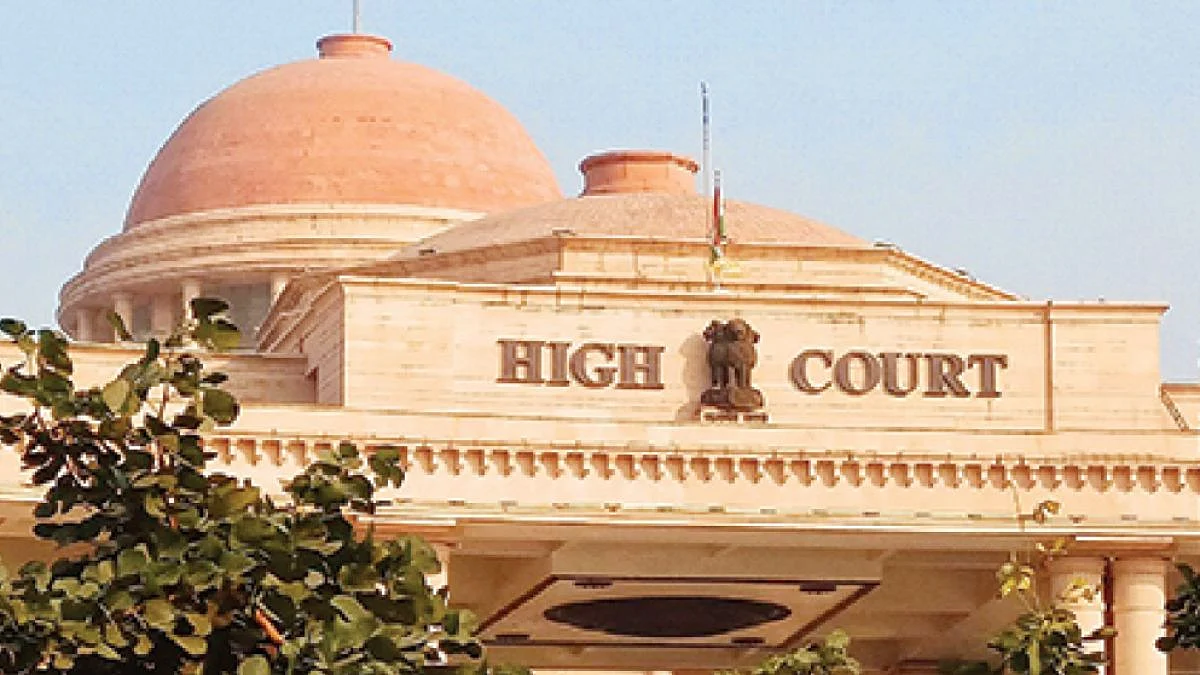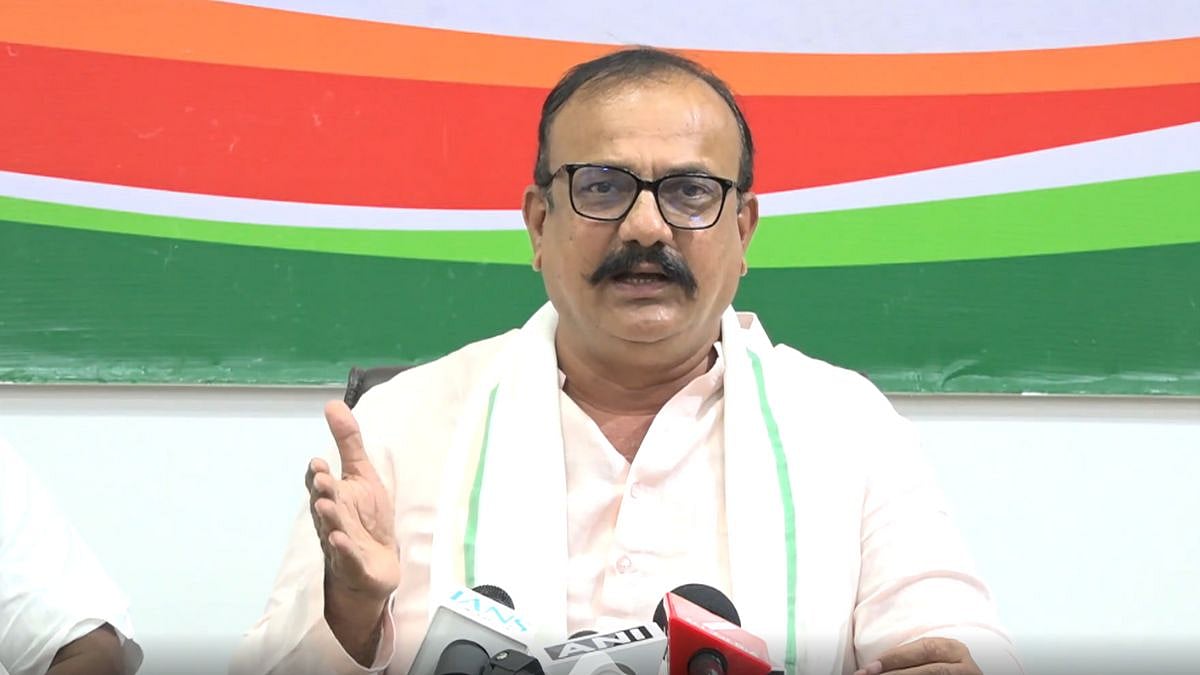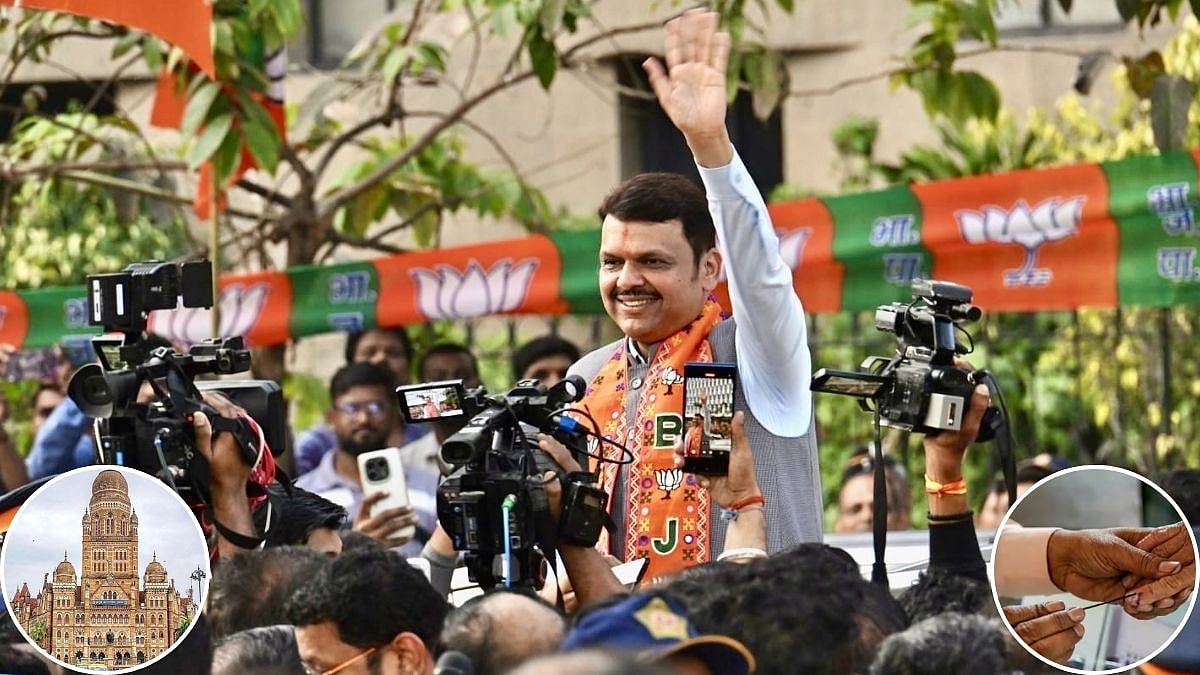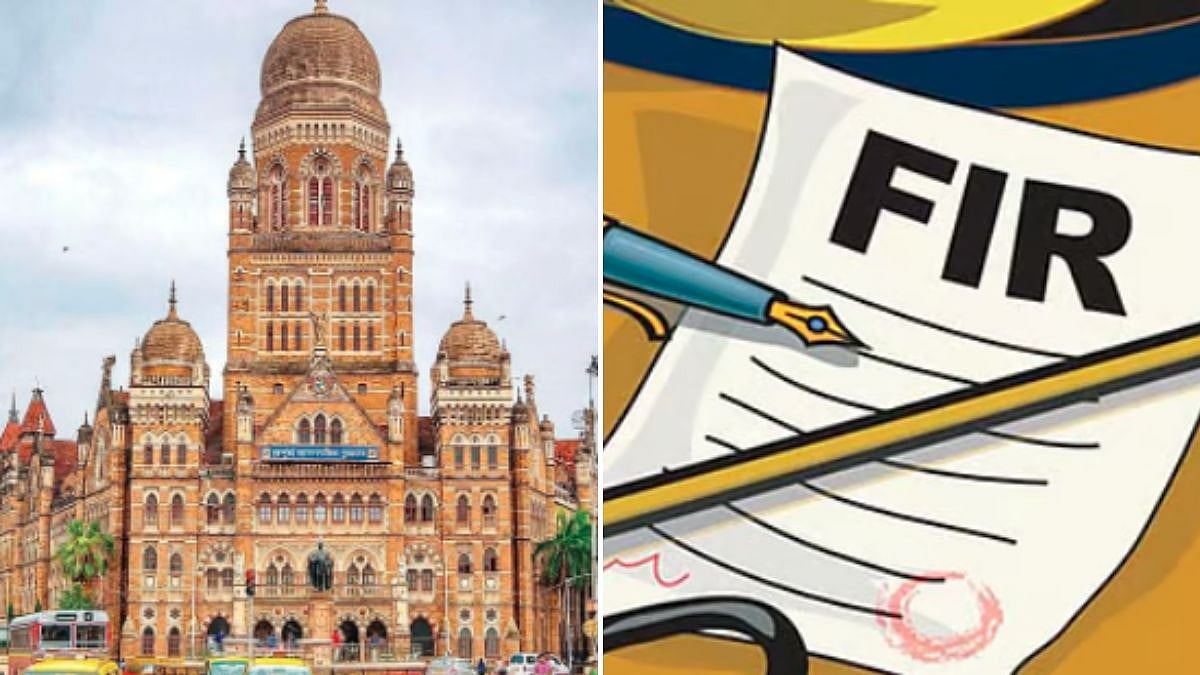Mumbai: The BMC manages over 6,500 metric tonnes (MT) of waste daily through its Solid Waste Management (SWM) system. From segregation and recycling to landfilling, this complex operation runs with precision, though not without challenges. At its core are thousands of sanitation workers who begin their day before dawn. As Mumbai wakes, this often-overlooked workforce is already in action quietly ensuring the city remains functional and livable. They are the unsung heroes behind Mumbai’s resilience.
Challenges of E-Waste, Hazardous Waste, and Construction Debris
Mumbai generates vast amounts of waste daily from residential and commercial to industrial and biomedical sources. Recently, the BMC has been grappling with the growing challenges of managing e-waste, domestic hazardous waste and demolition & construction waste which pose serious environmental and health risks.
Amid these challenges, BMC's 28,821 sanitation workers remain vital to the city's SWM system. From early morning, they clean roads, unclog drains, manage community bins, and collect waste from homes and commercial establishments. Their efforts are crucial in preventing disease outbreaks, reducing monsoon flooding, and maintaining the livability of one of the world’s most densely populated cities.
Frontline Army Keeps Mumbai Clean After Festivals, Protests, and Andolans
These frontline army keeps Mumbai clean under the most challenging conditions—clearing beaches after crowds depart, managing the trash washed ashore by high tides, and restoring order to streets littered during festivals, protests, and political rallies.
Regardless of the scale of the event, they ensure the city wakes up to clean roads. A striking example is the recent Maratha Andolan, where thousands gathered at Azad Maidan. By the next morning, the BMC’s SWM department had meticulously cleaned the entire area, leaving no trace behind.
Strain from Construction Waste and Road-Washing Drive
However, sanitation workers continue to face difficult working conditions—long hours, insufficient protective gear, and minimal job security. The rapid pace of construction across Mumbai has further strained an already understaffed waste management workforce. The city generates approximately 2,500 MT of construction waste daily.
According to civic data, more than 6,000 construction sites were active last year, contributing to rising levels of dust pollution. As a result, these workers has to wash city roads daily (excluding the four monsoon months) to help control dust and maintain air quality.
Illegal Dumping and Pressure on Landfills
Over the past two to three years, illegal dumping—particularly of construction debris has increased sharply in Mumbai. Public opposition to formal dumping sites further complicates the issue. Currently, around 5,900 MT of waste are sent daily to the Kanjurmarg landfill, which remains controversial due to local resistance.
The Deonar dumping ground, nearing capacity, handles only 500–700 MT of waste per day, while the Gorai and Mulund landfills were shut down in 2009 and 2018, respectively. Despite the BMC's goal to make Mumbai a zero-garbage city by 2030, progress has been hampered by limited public participation and the failure to achieve 100% segregation of dry and wet waste.
Citizen Participation Remains Weak Link in Waste-Free Mumbai Vision
The BMC has launched several initiatives to make Mumbai garbage-free, but without active public participation, achieving this goal remains a Herculean task. For instance, although the BMC has moved toward eliminating community bins, residents continue to dump waste at those locations, leaving the areas dirty and unsanitary.
The civic body has previously deployed 'clean-up marshals' to prevent littering in public spaces, but the initiative was eventually scrapped due to frequent complaints from citizens. Despite this, many people continue to litter, spit on roads, and contribute to the growing burden on sanitation workers tasked with keeping the city clean.
Pink Army Initiative and BWG Compliance Issues
In a more recent effort, the BMC formed the 'Pink Army'—a dedicated team of female sanitation workers—for a second round of street sweeping on Mumbai’s busiest roads. Since May 2025, this team has been actively removing construction debris, clearing scrap material, and collecting large volumes of garbage from city streets.
Another major challenge in Mumbai’s waste management efforts is ensuring compliance by Bulk Waste Generators (BWGs)—establishments that produce more than 100 kilograms of waste daily or occupy an area greater than 5,000 square meters.
Eight years after the BMC mandated that BWGs treat their waste at source, compliance remains low. Out of 2,609 large residential and commercial BWG establishments, only 784 currently process wet waste on-site. Illegal dumping of waste on roads and into stormwater drains (nullahs) continues to be a major concern for the civic body.
Additional Municipal Commissioner (City), Dr. Ashwini Joshi, noted, 'Garbage dumped by citizens into various small and large nullahs across Mumbai is a key cause of waterlogging. Despite regular cleaning efforts, illegal dumping continues to choke the drains.' She urged residents to stop dumping waste into nullahs and instead use designated bins, emphasizing, 'Proper disposal of waste will prevent clogging, ensure smooth water flow, and reduce the risk of flooding.'
To address this issue, the BMC has launched a special drive from September 29 to October 13 across Mumbai and its suburbs, aimed at removing floating waste from nullahs. The key objective is to collect and properly dispose of debris with the active participation of citizens.
Major Projects: Bio-Mining, Waste-to-Energy and Landfill Redevelopment
The BMC has initiated several major projects to address the growing pressure on Mumbai’s landfills. The 24-hectare Mulund dumping ground, operational since 1968 and closed in 2018, is being reclaimed through a Rs. 731-crore bio-mining project. So far, 70 lakh MT about 70% of legacy waste has been cleared, with the remaining 21 lakh MT expected to be removed within a year.
The BMC has also invited tenders to appoint a consultant for redevelopment planning of the reclaimed site. At the Deonar dumping ground, Mumbai’s oldest and largest (311 acres), work is underway to address 2 crore MT of legacy waste. In June 2022, the BMC began constructing a Rs. 648-crore waste-to-energy (WTE) plant, awarded to M/s Chennai MSW Pvt. Ltd.
The project includes a 40-month construction period and 15 years of operations and maintenance. To address environmental concerns, the plant’s capacity was revised to process 600 tonnes of fresh waste daily and generate 8 MW of electricity—doubling the initial estimate.
Call for Citizen Responsibility in Waste Management
In the end, while BMC's SWM department continue to shoulder their share of the burden, no system can succeed without active citizen participation. Sanitation workers whether sweeping streets after festivals or unclogging drains during floods can only do so much.
If Mumbai is to rise above its waste crisis, its people must rise with it by segregating their waste, respecting public spaces, and acknowledging the quiet dignity of those who work tirelessly to keep the city clean, day after day.
Also Watch:
. Daily waste generated - 6,500 Metric tonnes
. Construction waste and debris - 2500 MT
Waste transported to dumping ground
. Deonar - 500 to 700 MT
. Kanjurmarg - 5900 MT
. Wet waste 72.60%
. Dry waste - 3.51%
. Construction & Demolition waste - 17.37%
. Plastic - 3.24%
. Recycle and paper waste - 3.28%
. Trips of vehicles to transport waste daily - 921
Waste transportation.
. Compactors - 1615
. Dumpers - 81
. Tempo - 4413
. JCB machines - 88
To get details on exclusive and budget-friendly property deals in Mumbai & surrounding regions, do visit: https://budgetproperties.in/









